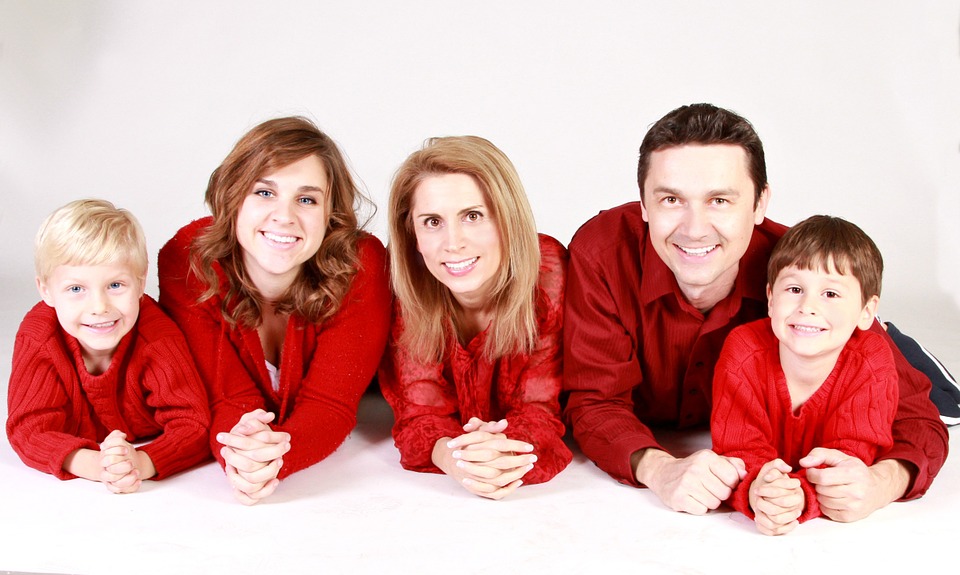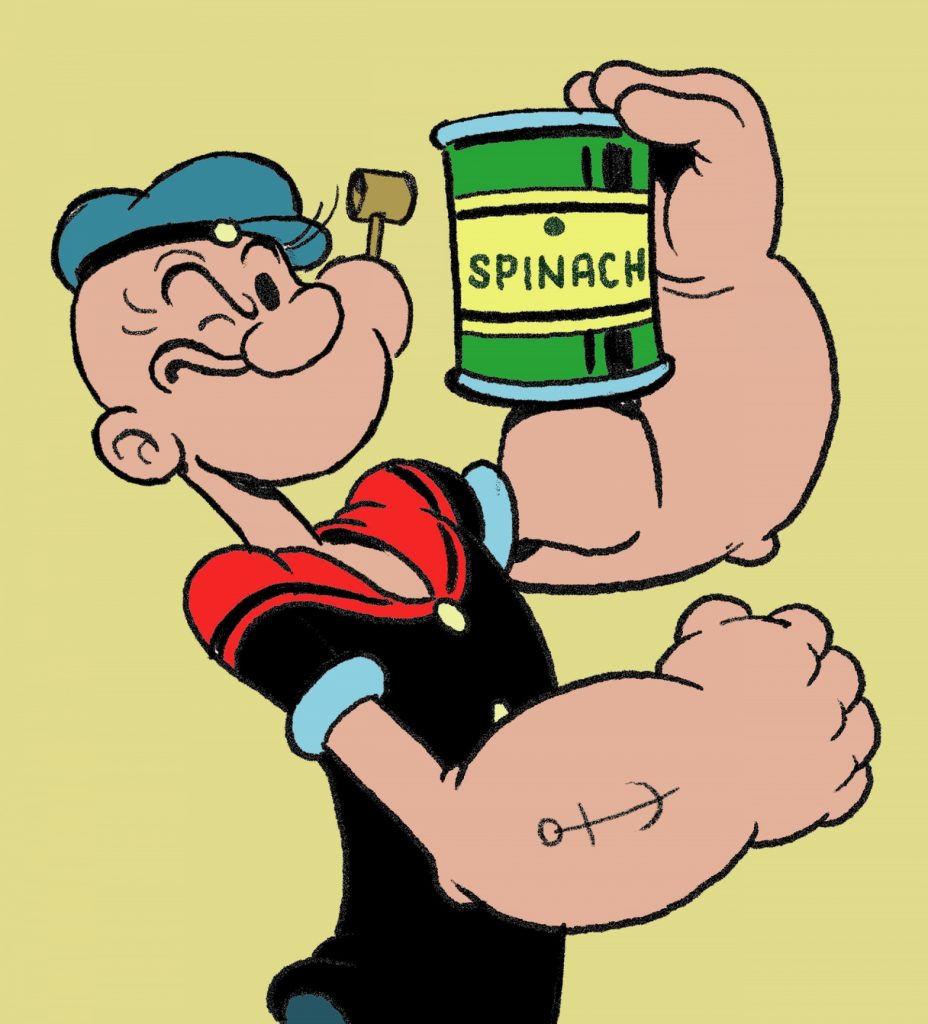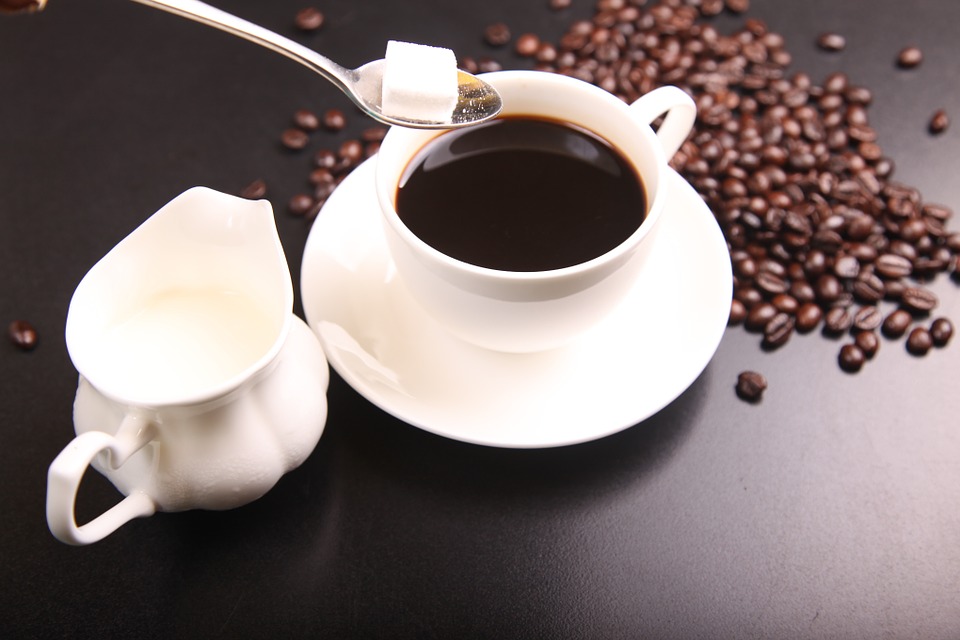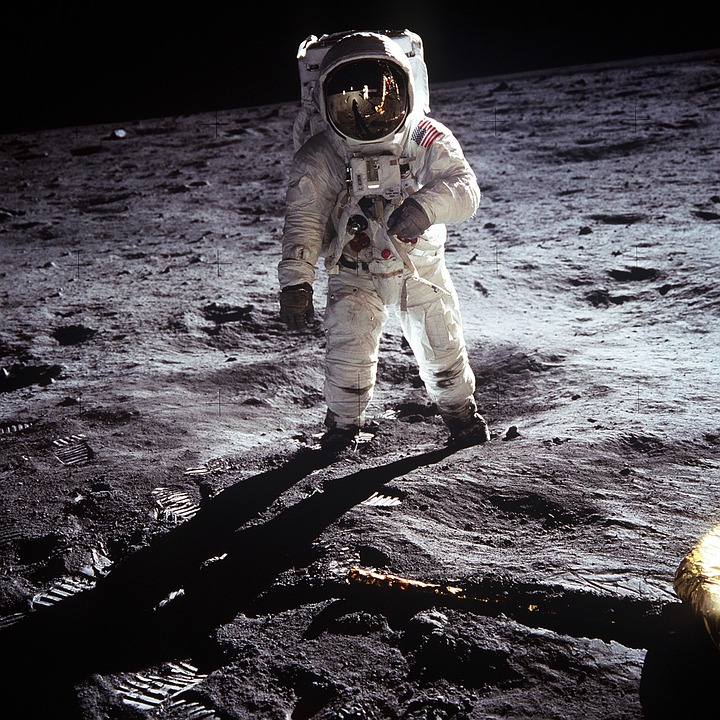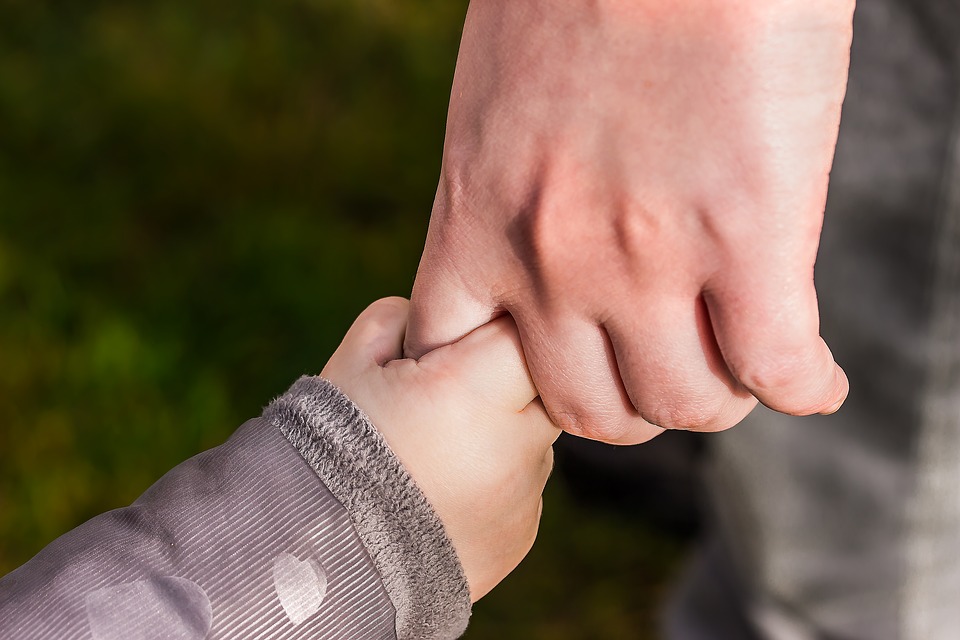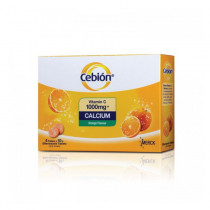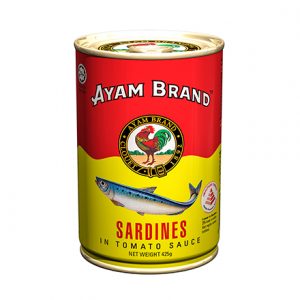Your bones support your body and helps you to move around, which is why it is very important to keep them strong and healthy. The bones in the human body are continuously being broken down and rebuilt over time. Before the age of 30, the body keeps creating new bones fast enough to replace any you lose, but around 30 years of age the bones typically reach peak bone mass (which varies from person to person) and after 30, the balance shifts and more bones are lost than gained.
Bone health is influenced by factors such as genetics, diet and bones built up during teen years. The natural depletion of bone doesn’t affect those with higher bone build up and healthier hereditary factors. But in others, when the body can’t create new bone as fast as the old bone is lost, osteoporosis can set in, causing bones to become weak and brittle which means that they fracture more easily. The disease is most common in postmenopausal women over the age of 65 (mostly white and Asian women) and in men over the age of 70.
Osteoporosis cannot be reversed easily. The best way to counteract it is to take steps earlier in life to store up bone mass (and prevent its loss) as much as possible. Here are 10 tips for healthier bones and a healthier future.
Table of Contents
1. Know Your Family History
As with many medical conditions, family history is a key indicator of bone health. Those with a parent or sibling who has or had osteoporosis is more likely to develop it.
2. Drink More Milk
Calcium is essential for the proper development of teeth and bones. It also ensures proper muscle function, nerve signalling, hormone secretion, and blood pressure control. The key is to help the body absorb calcium by pairing calcium-rich foods with those high in vitamin D. Foods that are good sources of calcium include yogurt, cheese, milk, spinach and collard greens.
3. You’ll Want The D
Vitamin D, that is. Calcium should be complemented with vitamin D as the two work together to help the body absorb calcium. Boost vitamin D consumption by munching on shrimp, fortified foods like cereal and orange juice, sardines, eggs (in the yolks) and tuna, or opt for a vitamin D supplement. Diet expert Eugene Babenko recommends getting vitamin D (specifi cally vitamin D3) levels checked and discussing the use of supplements with a doctor.
The body produces vitamin D when exposed to the sun — 10 to 15 minutes of exposure three times a week will do.
Vitamin D’s importance to bone health has been proven in studies on “seasonal bone loss” — elderly people can lose more bone mass during the winter because of lack of sun exposure. While that isn’t such a big problem in Malaysia, sitting in an air conditioned office all day definitely doesn’t help. As such, it’s still recommended for people to go out and get some sunshine at least once a day.
4. Eat Your Spinach
Vitamin K is mostly known for assisting blood clotting, but it also helps the body make proteins for healthy bones. However, the exact way vitamin K contributes to bone health is unclear.
A study specifically compared the effects of vitamins K and D on calcium absorption in rats, and it turns out the two vitamins work well together: vitamin D stimulated calcium absorption in the intestines, while vitamin K reduced the amount of calcium excreted by the body. Foods like kale, broccoli, Swiss chard and spinach are good sources of this vitamin.
5. Pumping Up Potassium
Potassium is a mineral that helps nerves and muscles to communicate and the cells to remove waste. But potassium may neutralize acids that remove calcium from the body. Studies in both pre and postmenopausal women have shown that a diet high in potassium can improve bone health. In fact, the study involving pre-menopausal women showed an 8% difference in bone density between women with high potassium intake and those with low potassium intake.
Potassium rich foods include sweet potatoes, white potatoes (with the skin on), yogurt and bananas.
6. Exercise
You all know the drill by now. Regular exercise can keep a number of health issues at bay, and bone health is no exception. A sedentary lifestyle is considered a risk factor for osteoporosis.
One study comparing bone density in college women with various body weights and activity levels found that athletes with low body weight had the highest bone density of any group in the study, showing exercise (and low body weight) can have a positive effect on bone density.
Weight-bearing exercises like running, walking, jumping rope, skiing and stair climbing keep bones strongest. Resistance training has also been shown to improve bone health in several studies. It also improves strength and balance to prevent falls (and the associated fractures) in those who already have osteoporosis.
7. Cut Down On Caffeine
Too much caffeine can interfere with the body’s ability to absorb calcium. A study showed that drinking more than two cups of coffee per day accelerated bone loss in subjects who also didn’t consume enough calcium. Another study (albeit on elderly women) showed that more than 18 ounces of coffee per day can accelerate bone loss by negatively interacting with vitamin D. So enjoy tea and coffee in moderation and consume enough calcium as a compensatory measure.
8. Reduce The Booze
Heavy alcohol consumption can cause bone loss by interfering with vitamin D functioning. But moderate consumption of one drink per day for women and two per day for men is fine. Recent studies show that it may even help slow bone loss.
9. Put Out Those Cigarettes
Smoking is injurious to health in more ways than one. Multiple studies have shown that smoking can prevent the body from efficiently absorbing calcium, thus decreasing bone mass.
10. Don’t Work For NASA
It turns out that people who spend a lot of time in zero-gravity (i.e. astronauts) may end up having health issues. Hours of weightlessness and low-calcium diets can cause astronauts to suffer from space-induced osteoporosis. In fact, astronauts can lose up to 1% to 2% of their bone mass per month while they’re on a mission! Two studies have found that vitamin K can help build back astronauts’ lost bone — more than calcium and vitamin D.
Need some help?
Don’t worry! Here at 100comments, we have plenty of products which can help you out. If you’re not satisfied with any of the items below, simply search our catalog for one of the thousands of items available.
Cebion Effervescent Vitamin C + Calcium
Cebion effervescent vitamin C + Calcium is a 2-in-1 formulation which helps to strengthen the immune system, bones, teeth, and gums as well as aiding overall general health. Besides that, the combination of vitamin C enhances Calcium absorption into the body.
Life is full of challenges, you and your family need to make the right nutritional choices to get the maximum from life. When it comes to nutritional choices, milk is the most nutritious beverage for both children and adults. Dutch Lady ready-to-drink milk is full of nutrition, ideal for everyone in your family.
Dutch Lady ready-to-drink milk is available in 3 formats (UHT Milk, Sterilised Milk and Pasteurised Milk) which helps to fulfill your daily nutrition needs.
This product does not contain fish oil.
Ayam Brand Sardines in Tomato Sauce
100g of Sardines provides you with more than 2000mg of Omega 3, your weekly needs. It’s more Omega 3 than most supplement pills*. Calcium and essential nutrients: Sardines contain two times more calcium than milk and also provide your body with Iron, Magnesium, Zinc, Phosphorus, Copper, Manganese, Lycopene and Vitamin B.

